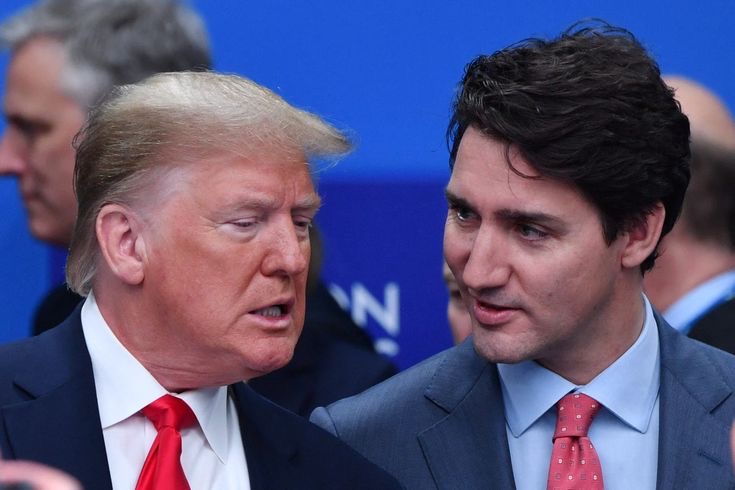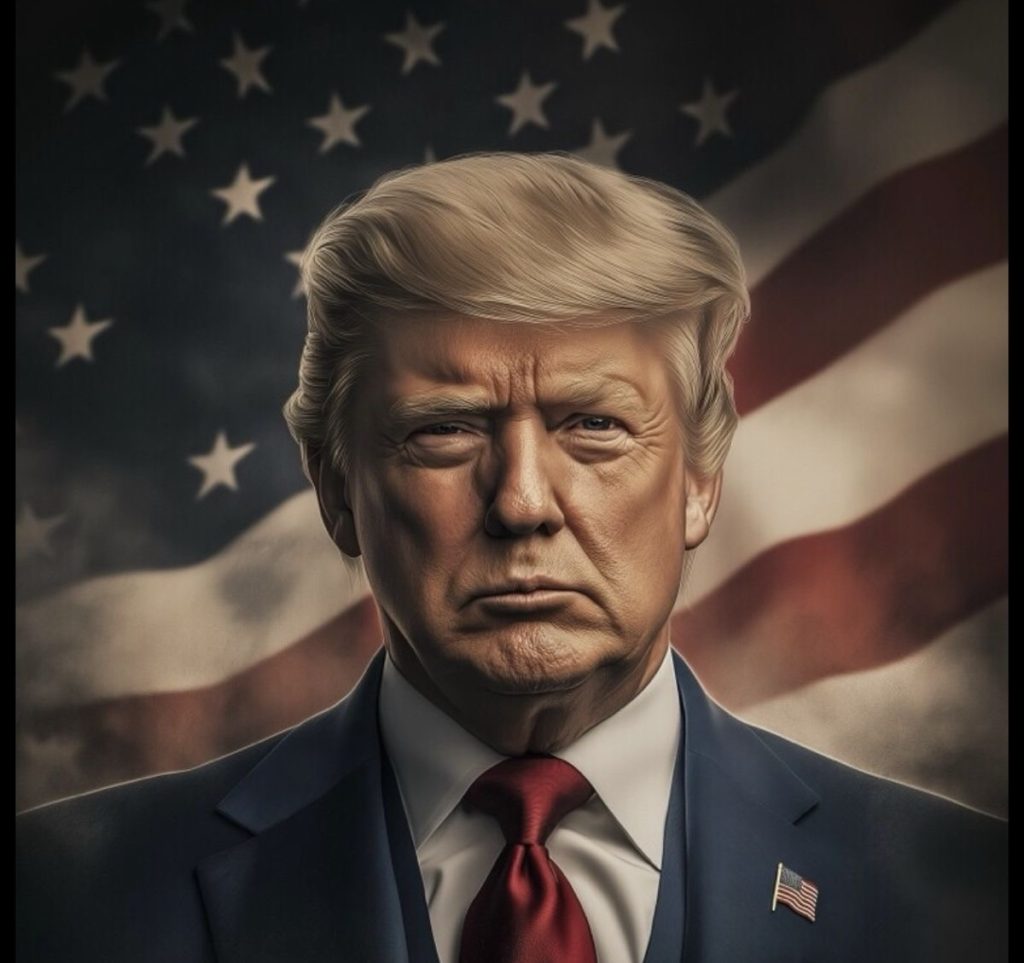One of Trump’s new policies, the new tariffs, may put Hollywood production and box office recovery at risk. President Donald Trump recently got into a conflict that could affect Hollywood. Canada is often called “Hollywood North,” and for decades, it has been the most popular place where American movies and TV shows are made.
Canada is a hotspot for American studios because they give the studios special tax credits. This tax credit makes it cheaper to film there. Also, Canada has many talented people who work both in front of the camera as actors and behind the scenes in production.
Donald Trump recently proposed new tariffs on products imported from Canada. Some people in the film industry worry that if this happens, Canada might retaliate. It might fight back by taking away those tax benefits or making it harder for American studios to film there. If this happens, it could make things more expensive or complicated for Hollywood.
ALSO READ: US Markets Surge Following Trump’s Postponement of Tariff Plans
However, others believe that the connection between Hollywood and Canada is too strong and profitable to be easily broken by Trump’s tariffs.
Canadian Prime Minister Justin Trudeau reacted to the announcement. In a social media post, he said Canada was not happy about the idea. He said his country would respond quickly and strongly if the U.S. imposed tariffs on Canadian goods.

On February 1, Trump announced his new tariff proposals. He said he would place 25% tariffs on goods that are coming in from Mexico and Canada. He would also impose a 10% duty on goods from China. In response, Canada’s leader, Justin Trudeau, said he would also add extra taxes on American goods. He made it clear that Canada’s response would be just as big as the U.S. tariffs.
By February 3, Canada and Mexico agreed to pause these taxes for 30 days temporarily. They came to this conclusion after discussing ways to tighten border security. If these taxes return after a month, they could increase the cost of making movies and TV shows. This is because some productions import special materials. These materials include certain fabrics for costumes or unique types of glass from other countries. However, most movie and TV sets use locally available materials. For example, a film set in Los Angeles is unlikely to buy wood from Canada. Productions that take place in other countries mostly use materials from that location or bring them in from the U.S.
One area that could see a slight price increase is food catering for film crews. Since some food products come from outside the U.S., tariffs might make them a little more expensive. However, the overall impact on budgets would probably be small.
Another reason why film budgets might not be affected very much is that many line items that are used in production are rented from studio warehouses. These things include lighting, cameras, and other equipment. Since these items are already in the U.S. and do not need to be imported, the extra taxes on foreign goods would not affect their prices.
However, people still worry that tariffs imposed on imported goods could make everyday items more expensive. This could also affect how much money people have to spend on fun activities, like going to the movies.
ALSO READ: Morgan Stanley Surpasses Estimates With Robust Equities and Fixed Income Trading Revenue
When companies from these affected countries bring products into the U.S., they will have to pay extra fees. In order to make up for the extra cost, these companies usually raise their prices. Doing this means consumers will pay more for things they use daily. Some people in the film industry are concerned that if families start cutting back on spending, one of the first things they might stop paying for is movie tickets.
Hollywood is still trying to recover from the shutdowns caused by the COVID-19 pandemic and the worker strikes that followed. Even if movie studios manage to release more films in theaters, there are still concerns that people would not have enough disposable income to go see them. If that happens, it could affect the entire movie industry.
Industry experts believe Hollywood will find a way to adjust to these new costs. However, if people spend less money overall, it could be a bigger challenge. The hope is that big blockbuster movies scheduled for 2025 will still attract enough audiences to keep the industry going even if prices go up.

